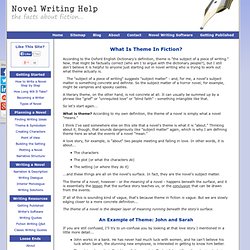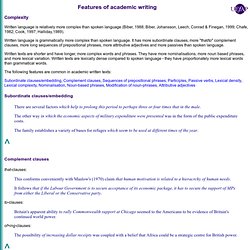

Terry Pratchett Quotes (Author of Good Omens) Joan Didion on Keeping a Notebook. By Maria Popova “We are well advised to keep on nodding terms with the people we used to be, whether we find them attractive company or not.”

As a lover — and keeper — of diaries and notebooks, I find myself returning again and again to the question of what compels us — what propels us — to record our impressions of the present moment in all their fragile subjectivity. From Joan Didion’s 1968 anthology Slouching Towards Bethlehem (public library) — the same volume that gave us her timeless meditation on self-respect — comes a wonderful essay titled “On Keeping a Notebook,” in which Didion considers precisely that.
Though the essay was originally written nearly half a century ago, the insights at its heart apply to much of our modern record-keeping, from blogging to Twitter to Instagram. Portrait of Joan Didion by Mary Lloyd Estrin, 1977 After citing a seemingly arbitrary vignette she had found scribbled in an old notebook, Didion asks: Why did I write it down? What, then, does matter? What is Theme In Writing? According to the Oxford English Dictionary's definition, theme is "the subject of a piece of writing.

" Now, that might be factually correct (who am I to argue with the dictionary people?) , but I still don't believe it is helpful to anyone just starting out in novel writing who is trying to work out what theme actually is. The "subject of a piece of writing" suggests "subject matter" - and, for me, a novel's subject matter is something concrete and definite. So the subject matter of a horror novel, for example, might be vampires and spooky castles. A literary theme, on the other hand, is not concrete at all.
So let's start again... What is theme? I think I've said somewhere else on this site that a novel's theme is what it is "about. " A love story, for example, is "about" two people meeting and falling in love. The charactersThe plot (or what the characters do)The setting (or where they do it) ...and these things are all on the novel's surface. An Example of Theme: John and Sarah. Features of academic writing: Complexity. Complexity Written language is relatively more complex than spoken language (Biber, 1988; Biber, Johansson, Leech, Conrad & Finegan, 1999; Chafe, 1982; Cook, 1997; Halliday,1989).

Written language is grammatically more complex than spoken language. It has more subordinate clauses, more "that/to" complement clauses, more long sequences of prepositional phrases, more attributive adjectives and more passives than spoken language. Written texts are shorter and have longer, more complex words and phrases. They have more nominalisations, more noun based phrases, and more lexical variation. The following features are common in academic written texts: